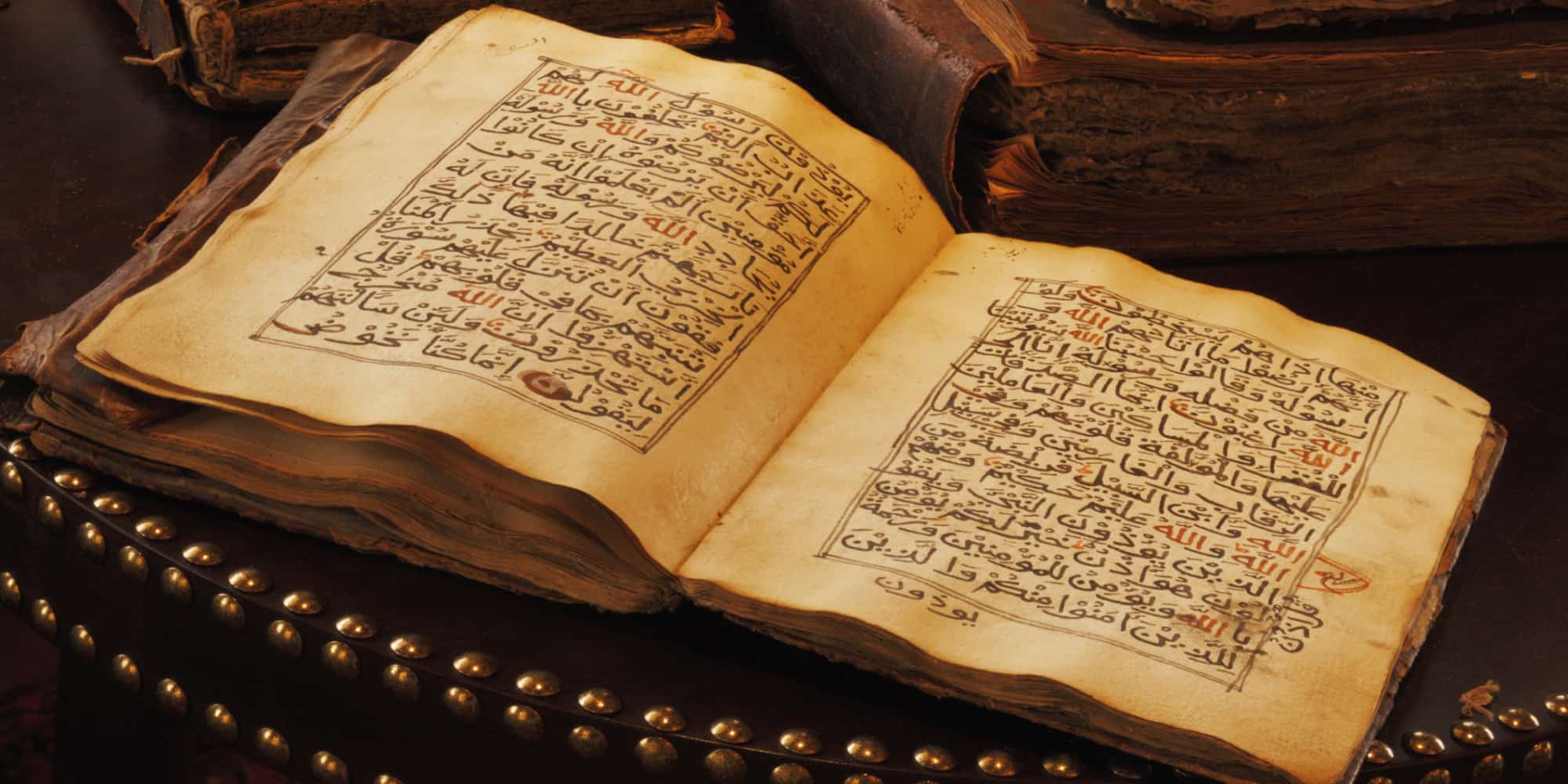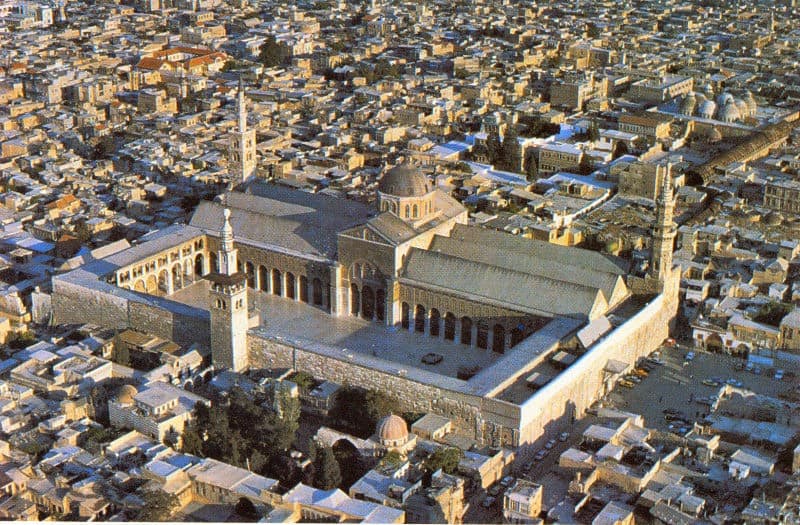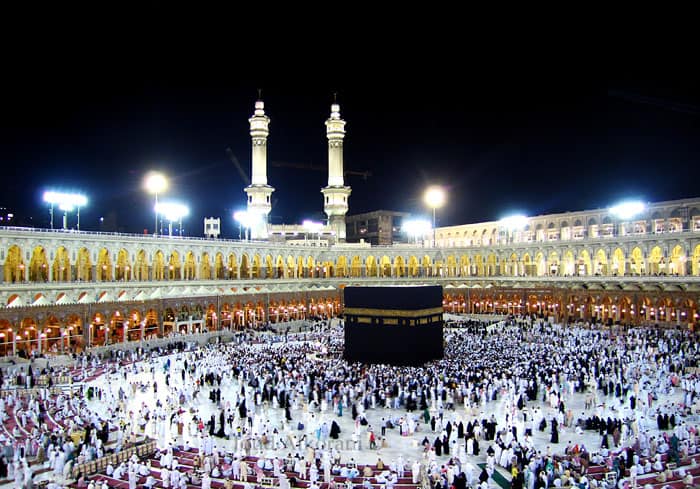At a time of rampant death and destruction when human blood is flowing like rivers and much of it due to the fitnah instigated by mankind, it is appropriate to reflect on the verse on Qisaas (retaliation) in Surah Baqarah. Although this beautiful verse deals with murder and capital punishment, it actually has a very important message for us all on how to view and treat humans as humans.
The intent of his article is to focus not on the legal ruling but rather an angle that is sometimes missed: the mercy and compassion that can be gleaned from the verses.
The verse abolishes a pre-Islamic practice among Arab tribes whereby the tribe of a murdered person would seek revenge by killing more than just the murderer. For example, if they had one of their slaves killed, they would kill a free man from the tribe of the murderer. If they had a free man of their tribe killed, they would kill two free men from the tribe of the murderer. Such practice was based on a feeling of extreme pride in one’s own tribe such that they considered their lives more worthy than others.
O you who believe, Qisaas has been prescribed for you in the case of murdered people: The freeman (will be killed) for the freeman, the slave for the slave, and the female for the female [2:178]
A result of the Islamic injunction established by the verse is the follows: if a person is unjustly killed, retribution cannot be sought from other than the killer. A powerful tribe cannot just indiscriminately kill innocent people from a weaker tribe in order to avenge the murder of one of their own. No soul is more or less worthy than another.
But an important part of the verse that is sometimes overlooked – especially by those looking to malign Islamic law without considering its full function – is the following:
However, if one is somewhat forgiven by his brother, the recourse (of the latter) is to pursue the former (for blood money) with fairness, and the obligation (of the former) is to pay (it) to the latter in a nice way [2:178]
While the family or heirs of the murdered person can seek capital punishment for the killer, the verse encourages forgiveness. And not just that – the word “brother” is used in this context, which adds an a richly compassionate tone to the verse.
There is more than one way of doing the i’rab (grammatically analysis) of the Arabic verse, each of which would translate slightly differently into English.
According to Imam Al-Suyuti, the word “brother” here is referring to the person killed, which would roughly render the translation as such:
But if anyone [of those who have slain] is pardoned any portion [of the blood] of his brother [the one slain], let the pursuing [of blood money] be honourable [without force].
Regarding the use of the word “brother”, Imam Al-Suyuti says:
…the mention of akhihi [his brother] is intended as a conciliatory entreaty to pardon and a declaration that killing does not sever the bonds of religious brotherhood.
Imam Abu al-Sa’ud (1490–1574) – the Sheikh Al Islam of the Ottoman Caliphate at his time – understands the word “brother” to refer to the inheritors of the murdered person who receive the blood money. But Abu al-Sa’ud adopts an even broader interpretation of the word “brother” than Imam Suyuti, taking it to mean brotherhood in the sense that the murderer and the inheritors of the murdered both being from the children of Adam (may peace be upon him). Abu al-Sa’ud says that the word “brother” has been used in order to “trigger a series of acts of compassion”.
It is extremely noteworthy that this verse not only urges mercy and compassion in an occasion when people tend to be vindictive, but it also reminds them of their ties of brotherhood – of faith or, at least, of humanity – which is not severed even in the case of murder.
But how can a murderer deserve mercy? After all, doesn’t the Qur’an itself describe the killing of a soul as equivalent to the killing of all of humanity?
This verse breaks down the good/evil dichotomy through which one tends to judge people in such circumstances. That is not to say that good and evil don’t exist or that humans do not have ultimate realities – sa’eed (felicitous) or shaqiyy (wretched) – as we learn from a prophetic hadith. But that ultimate inner reality is for God to judge and not us, fallible humans. We don’t play God.
Rather our judgements are based on the outward and the apparent. In fact, we don’t judge humans at all: we judge actions. Ahkam Shar’iyyah, by definition, relate to actions. But whenever a judgement is made on a person – for example, upright or transgressor – even that is for practical purposes because it has real-life consequences in terms of the application of the Law, e.g. in determining if a person’s testimony can be accepted in a court of law. These are not judgements on one’s inner essence, nor an absolute verdict on the person as inherently good or evil.
From this angle, murder is a severe crime deserving severe punishment. Yet, the person guilty of this crime does not become a lesser human being and is still worthy of our compassion as far as our human interactions are concerned. Compassion does not mean leniency in applying Allah’s commands. Rather, it is about showing leniency when Allah has commanded or encouraged it.
At this point, it is perhaps worth touching on something in our modern context which should make us appreciate this verse even more. There are well-known academic works that have persuasively argued that in modern jurisprudence, often times, punishment bears upon the person, rather than the act. It bears upon the criminal rather than the crime.
The anti-terror laws are a case in point. On many occasions we have seen that those convicted of terrorism charges had not actually planned to commit any act of “terrorism”. Rather, based on circumstantial evidences, they were deemed to be “extremists” capable of committing acts of “terror”. Thus it seems that the harsh prison sentences were not for a “terrorist” act – because there was, in fact, no act – rather it was for being a certain kind of person – an “extremist”, a “jihadi” etc. This fact becomes even more obvious when we see people of non-Islamic backgrounds getting away with much lighter sentences for much graver crimes.
When laws are formulated to make judgement upon mindsets and personality traits, entire communities can be stigmatised and even criminalised based on some shared attribute. In fact, many of the prejudices or discriminations we see in societies today against any oppressed group perhaps stem from such attitudes. Perhaps, in the Qur’anic call to mercy and compassion for fellow human beings, lies the antidote to many of the different forms of oppression we see today meted out at the altar of politically expedient criminal “justice” systems.
Often times when the Shari’ah is discussed, it invokes images of brutality. But if we go beyond a superficial reading and study the Shari’ah with sincerity, we’ll be surprised to find the compassion and complexity with which it deals with human issues.
Shafiul Huq is a student of Islamic Sciences and Interdisciplinary studies covering the Humanities and Social Sciences.
![]()

















